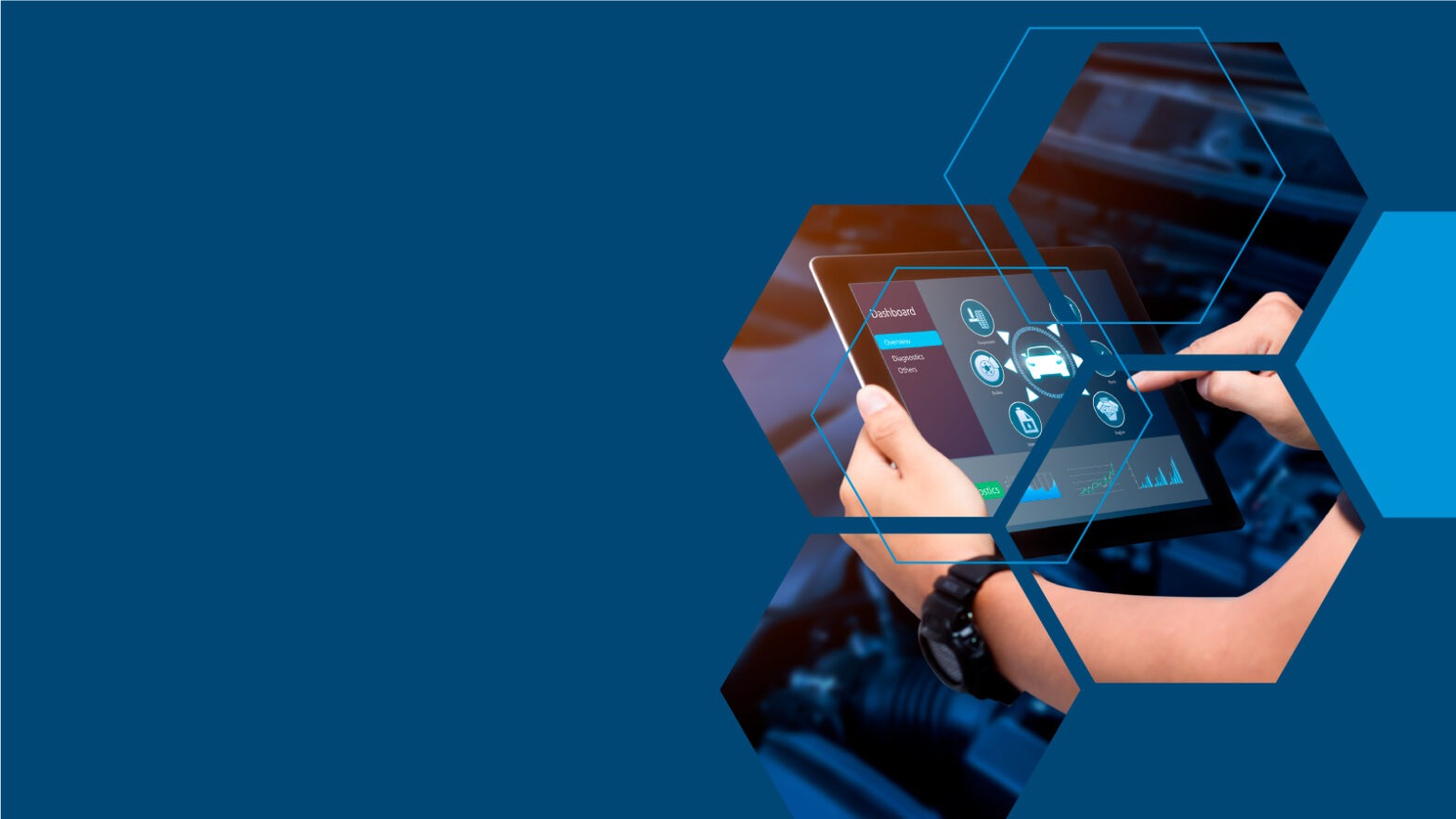
5 Jobs Facing Imminent Threat from ChatGPT: A Look into the Future of Work
In the rapidly evolving landscape of artificial intelligence, the emergence of powerful language models like ChatGPT has raised questions about the future of various professions. As these AI systems continue to advance, they have the potential to disrupt traditional job roles across different industries. Let’s delve into five jobs that face imminent threats from ChatGPT and explore hypothetical use cases that illustrate this looming transformation.
1. Writing:
The art of crafting engaging content, whether it’s articles, blogs, or marketing copy, has long been considered a human skill. However, with the capabilities of ChatGPT, the need for human writers may diminish. Imagine a scenario where businesses utilize ChatGPT to generate SEO-friendly blog posts or product descriptions effortlessly. With its ability to mimic human language, ChatGPT could produce content that rivals that of human writers, leading to a decline in demand for professional writers.
2. Customer Service:
Customer service representatives are tasked with addressing inquiries, resolving issues, and providing support to customers. ChatGPT has the potential to automate many aspects of this role through chatbots. For instance, a company could deploy ChatGPT-powered chatbots to handle routine customer queries, such as order status inquiries or FAQs. These chatbots could engage in natural language conversations, providing timely and accurate assistance without the need for human intervention.
3. Language Translation:
The field of language translation relies heavily on human expertise to accurately convey meaning across different languages. However, ChatGPT’s natural language processing capabilities pose a threat to this profession. In a hypothetical scenario, ChatGPT could be utilized to translate text or speech between languages with remarkable accuracy and efficiency. This could significantly reduce the demand for human translators, particularly for basic translation tasks.
4. Basic Level of Programming:
Entry-level programming tasks, such as coding simple scripts or automating repetitive tasks, may face disruption from ChatGPT. As these language models become more adept at understanding and generating code, individuals without extensive programming knowledge could use ChatGPT to perform basic programming tasks. For example, ChatGPT could assist non-programmers in creating website layouts or automating data analysis tasks, reducing the need for entry-level programmers in certain contexts.
5. Psychologists:
While human empathy and understanding are integral to the field of psychology, ChatGPT’s conversational abilities could challenge traditional therapeutic practices. In a hypothetical scenario, individuals seeking emotional support or counseling could interact with ChatGPT-powered chatbots designed to provide empathetic responses and guidance. While these chatbots may not replace human therapists entirely, they could offer accessible mental health support to a broader audience.
It’s essential to note that we are still in the early stages of AI development, and the full extent of ChatGPT’s impact on these professions remains to be seen. Additionally, as ChatGPT and similar language models evolve, we can expect to see more diverse and sophisticated use cases emerge, further reshaping the future of work.
In conclusion, the rise of ChatGPT signals a paradigm shift in how we perceive and approach various job roles. While these AI systems offer unparalleled capabilities, they also pose significant challenges to traditional professions. As we navigate this transformative period, it’s crucial for individuals and industries to adapt and embrace the opportunities that AI-powered technologies bring while also considering the potential implications for the future of work.
Contact us
Lorem ipsum dolor sit amet consectetur. Sed nulla habitant integer facilisi. Netus diam diam hac amet etiam. Vitae fringilla congue lorem enim. Odio turpis feugiat quis aenean pharetra neque pharetra blandit. Molestie senectus convallis risus curabitur amet ac erat molestie vitae.
EMAIL US
-
info@assystant.com
OFFICE
-
1234 Divi St. #1000,
San Francisco, CA 93152
CALL US
-
(234) 346 2351
EMERGENCY
-
(234) 346 2351




